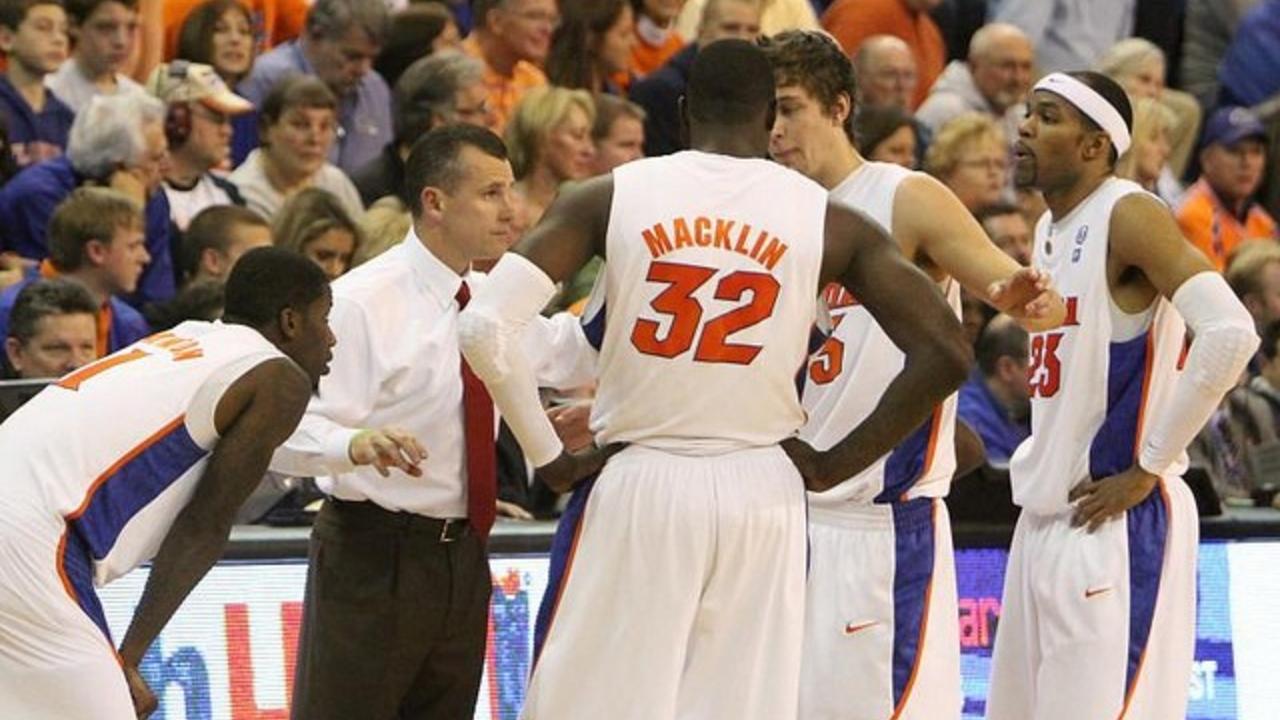
The Teachable Student
Feb 05, 2020
A few years back, one of my friends in the venture community suggested that I connect with a young startup. He felt I would be a good candidate to advise the startup in their journey. I proceeded to meet with the founders and got an overview of their company and their plan. I asked several questions, probing for more insight where I saw potential areas of need. Every question I asked was met with a confident response. Never mind that the content in the response was lacking. I tried to graciously point out that I had some concerns about parts of their plan, but I received strong push-back, as they seemed offended by my suggestion that there was an opportunity to improve their approach. After several more rounds of back and forth, I ended the discussion and declined to advise their startup. I never heard from the founders again, nor can I find any trace of the company today.
Everyone needs help
In my 30+ years of work experience, one common trait of every founder, every startup, and every business plan was the opportunity to improve. No matter the depth of your education, the breadth of your work experience, or the strength of your pedigree, no one is perfect. No company has all the bases covered, no plan exists that couldn’t be improved. I chose not to advise the startup above because they worked so hard to appear to have no needs that it became clear they didn’t want help. Any effort to give them help would likely result in either subtle resistance or contentious debates.
Advisors by definition provide advice. But the advisee needs to at least be willing to accept the advice. In fact, a healthy relationship between an advisor and a founder is built not just on willingness to accept advice, but a strong desire to seek it out. Don’t make your advisor play detective to figure out how they can help. Don’t be afraid of looking weak if you have questions. A seasoned advisor and coach will not think any less of you if you admit you have needs. In fact, a really good advisor will love your transparency because it encourages teamwork and cultivates trust. When meeting with your advisor, don’t be afraid to come with a list of topics that you want help with.
Michael Jordan - GOAT
Many basketball fans consider Michael Jordan to be the Greatest of All Time. It should come as no surprise that Jordan said “My greatest skill was being teachable… I was like a sponge. Even if I thought my coaches were wrong, I tried to listen and learn something.” Watching Jordan play was a delight as he lit up the scoreboard on the offensive end while also winning Defensive Player of the Year honors. Many founders and executives would do well to imitate Jordan’s attitude and approach.
Humility to be Great
But to be clear, being teachable is not a technique. It is not something you just add to a meeting agenda in hopes of making a good impression. Being teachable is an issue of character. It is rooted in humility — which sadly is a word that is very rarely used among leaders today. The humble leader is secure enough in who they are that they don’t have to appear to know everything, aren’t enslaved to winning everyone’s approval, and aren’t afraid of looking bad.
Humility also goes both ways. Good advisors need to practice it as well. I’ve seen plenty of insecure advisors who are afraid to admit that they don’t have sufficient background in a certain area to provide worthwhile guidance. Be wary of advisors who cave in to the pressure to have an answer for every question. Such advisors are prone to give advice that may not be best for your situation. In the same way we’d question the qualifications of a single person who claimed to be a doctor, lawyer, engineer, scientist, astronaut, athlete and therapist, we should question any advisor who confidently pushes their opinions on every professional, technical and personal matter that arises in the life of your startup.
Greatness Through Coaching
Those who seek success are often encouraged to build a relationship with a mentor or a coach. Professional sports provide dozens of examples of great relationships between a coach and an athlete that clearly transcend a single game or team. It's eye-opening to consider the impact John Wooden had on Kareem Abdul-Jabbar. Ditto for Tom Izzo on Draymond Green or Tara VanDerveer on Jennifer Azzi. Many athletes are obligated to work with a coach, but not all coach - athlete pairings result in sustained success and long-term relationships. In the same way, many startups are paired with advisors, but not all startup - advisor relationships produce great fruit.
Recognize that we all need help. Commit yourself being teachable. Seek out advisors that know how to advise. Install a culture of transparency rooted in humility. With this as a foundation, you’ll be well on your way to success in not just your startup, but in your personal life as well.
Our blogs and free resources are one way to find free guidance, but you can also find time on my consulting calendar if you'd like more direct advisory. You can schedule time with me by clicking on the button below.


